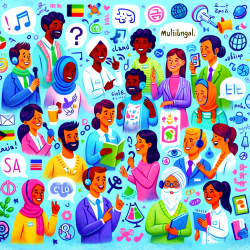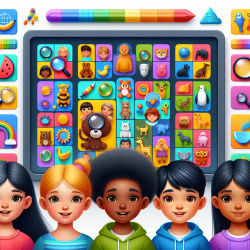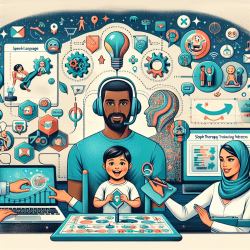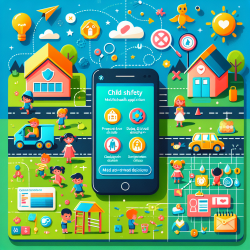As our societies become increasingly diverse, speech-language pathologists (SLPs) and audiologists are presented with the unique challenge of providing effective services to clients from a wide range of cultural and linguistic backgrounds. This complexity necessitates a deep understanding of multicultural practices and an ongoing commitment to professional development.
Understanding the Challenge
The demographic landscape of North America is rapidly changing, with a significant rise in the number of individuals who speak languages other than English or French at home. This shift has profound implications for SLPs and audiologists, who must now adapt their practices to meet the needs of a more diverse clientele.
Embracing Cultural Sensitivity
Cultural sensitivity is paramount in the successful delivery of speech-language pathology and audiology services. Professionals must be aware of how cultural differences can affect communication styles, perceptions of disability, and treatment acceptance. Developing cultural competence involves more than just understanding these differences; it requires SLPs and audiologists to reflect on their own cultural biases and how these may impact their practice.
- Engage in continuous learning about different cultures and languages.
- Seek out professional development opportunities focused on multicultural competencies.
- Include cultural and linguistic diversity topics in academic curricula for future SLPs and audiologists.
Strategies for Improvement
To enhance their practice in a multicultural, multilingual society, SLPs and audiologists can employ several strategies. These include utilizing interpreters effectively, developing culturally appropriate assessment materials, and engaging in professional collaboration with experts in multicultural education.
Utilizing Interpreters
When language barriers exist, the use of qualified interpreters is crucial. However, successful collaboration with interpreters requires more than just linguistic translation; it involves a nuanced understanding of cultural contexts and the ability to navigate them sensitively.
Developing Culturally Appropriate Materials
There is a pressing need for assessment and intervention materials that are linguistically and culturally appropriate. SLPs and audiologists should advocate for and participate in the development of such resources, ensuring they are accessible and relevant to the diverse populations they serve.
Engaging in Professional Collaboration
Collaboration with professionals who have expertise in multicultural education and bilingualism can greatly enhance the quality of care provided by SLPs and audiologists. Such partnerships allow for a more comprehensive approach to addressing the complex needs of clients from diverse backgrounds.
Conclusion
The ability to effectively serve clients from multicultural and multilingual backgrounds is becoming increasingly important in the field of speech-language pathology and audiology. By embracing cultural sensitivity, seeking continuous professional development, and employing strategies to overcome language barriers, SLPs and audiologists can significantly improve their practice in today's diverse society.
To read the original research paper, please follow this link: Reflections of Speech-Language Pathologists and Audiologists on Practices in a Multicultural, Multilingual Society.










